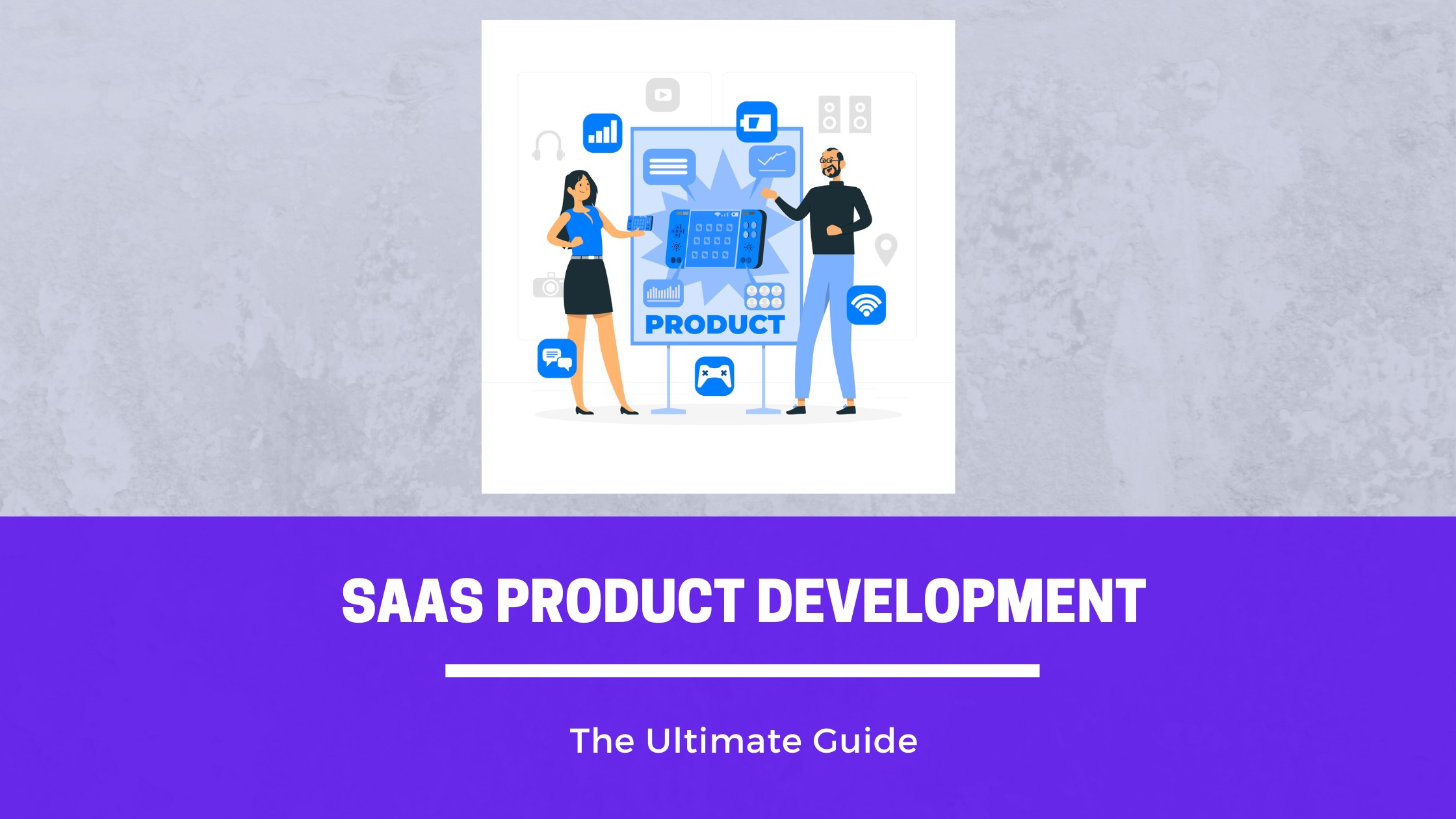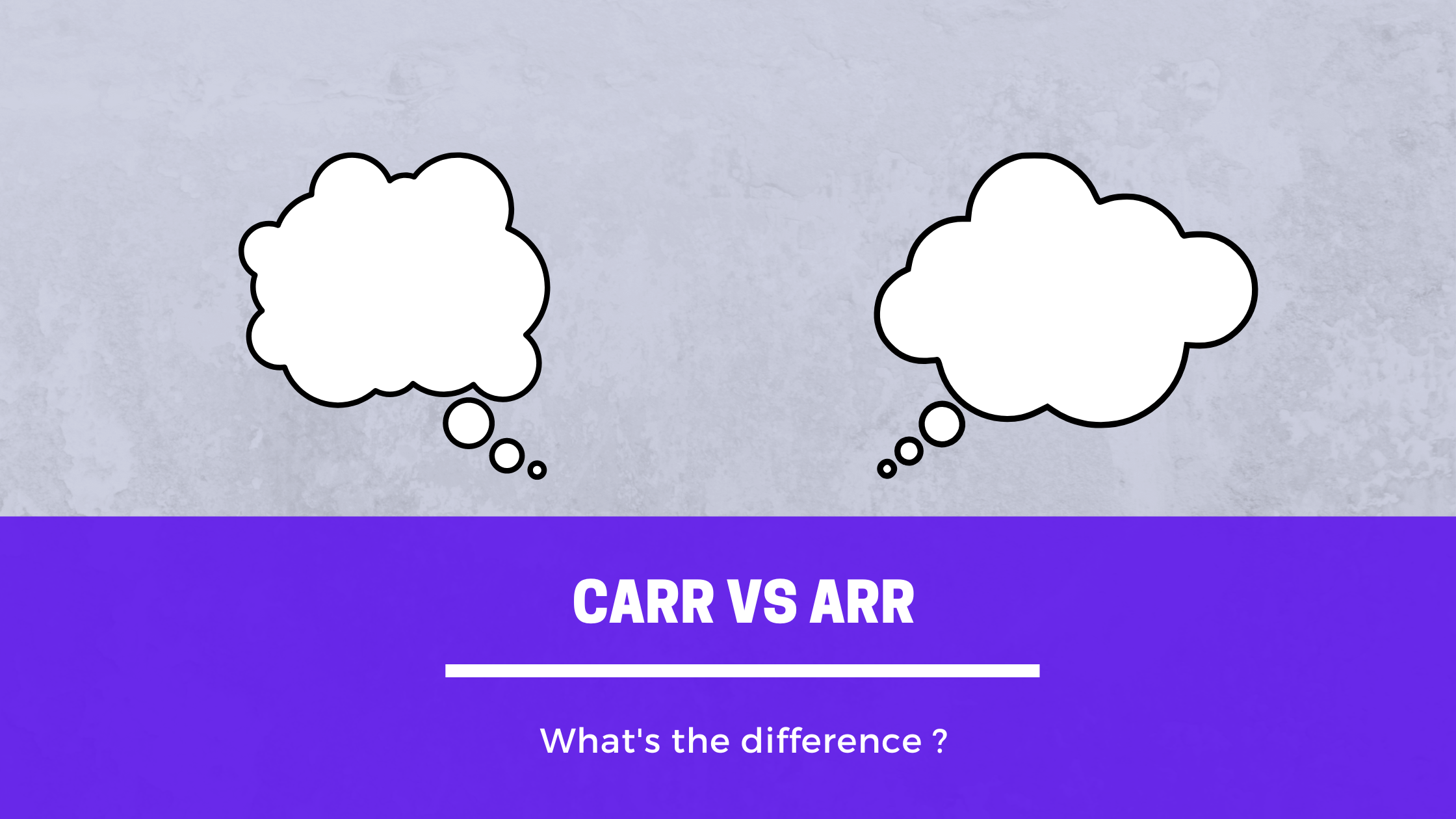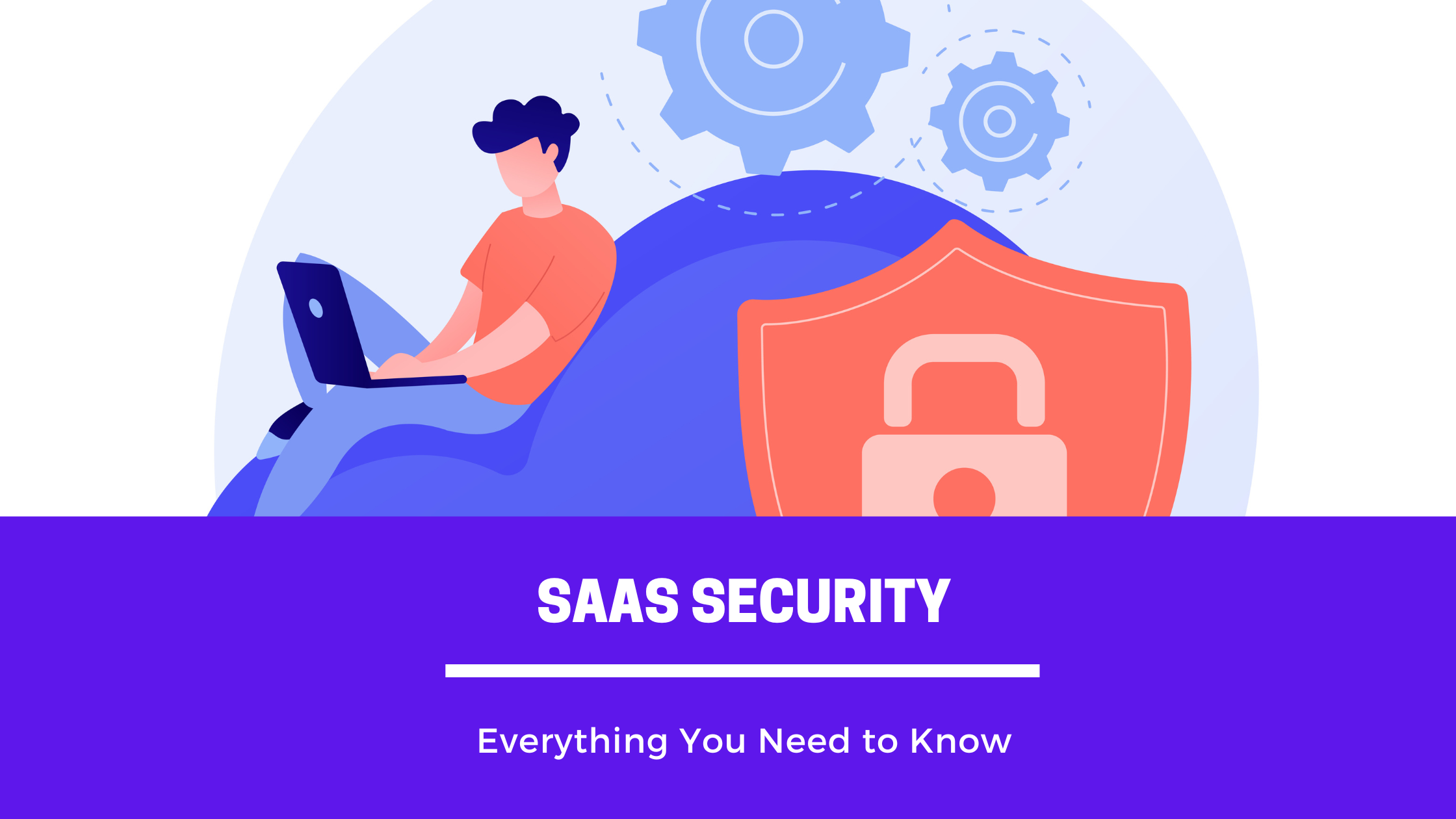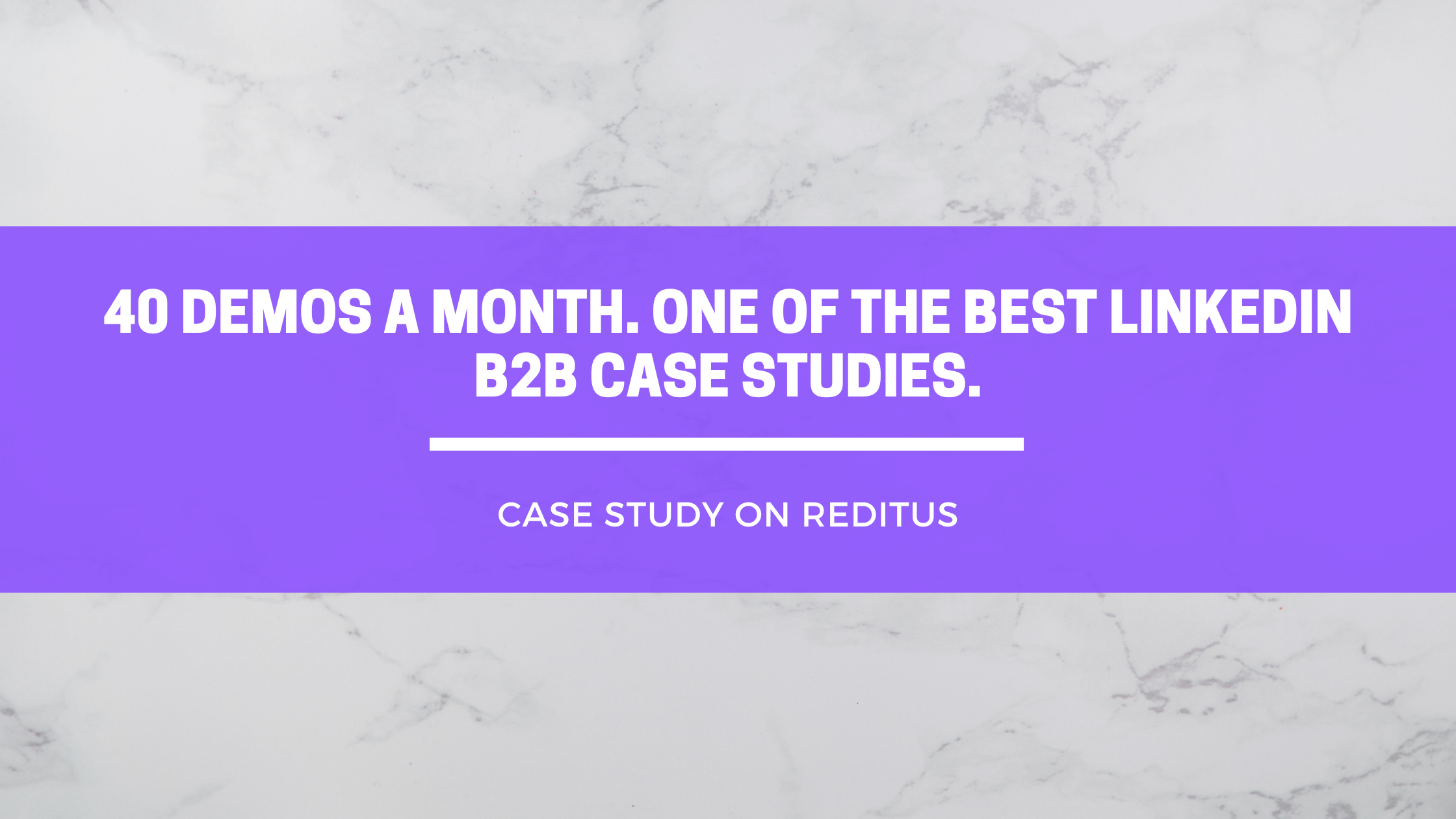This article provides a comprehensive guide to white-label SaaS, which involves a company picking a SaaS product, rebranding it as their own, and selling it to their customers. The article discusses why companies allow others to resell SaaS products and why resellers do it. It also looks at some common resellers and their reasons. The article also provides insights into what’s at stake when allowing white-labelling, such as branding and pricing considerations. Finally, it concludes that white-labeling can be an effective strategy for SaaS companies, but it’s important to approach it with caution and careful consideration.
What is White-Label SaaS?
White labeling is the practice of purchasing a product or service from a manufacturer and then reselling it under their branding as if it were their own. Software-as-a-Service (SaaS) is a phenomenon where a software provider distributes it over the internet without the end-user having to install or maintain it.
White-labeling SaaS is a scenario where a company picks a SaaS product, rebrands it as their own, and starts selling it to their customers. In this document, we will discuss why companies allow others to resell SaaS products and why resellers do it. We will also look at some common resellers and understand their reasons.
Why companies white-label their SaaS ?
There are several reasons why a SaaS company might choose to allow another party to resell their product under a different name. However, the primary reason is always to sell more of their software, even indirectly, at the cost of potentially diluting their brand name.
Another sales channel
For the majority of SaaS companies, white-labeling is just another acquisition channel to attract more customers to use their product. In many cases, it is easier to sell the product to one major service provider who works with a group of customers. Closing a deal with one service provider, such as an agency, can mean selling to hundreds of customers at once, albeit indirectly. Since many such agencies insist on maintaining their own brand name when working with their customers, they are forced to build such tools internally. White-labeling a tested product means they can avoid building such tools and focus on delivering value.
In some cases, white-labeling is the only way to sell to such major service providers. Therefore, SaaS companies end up white-labeling their products to tap into such channels.
Indirect sales can be a viable option in challenging markets
In today’s complex business environment, it can be difficult for companies to establish a direct sales channel in certain markets. Despite their best efforts, some enterprises may struggle to establish a presence and gain traction. In such cases, leveraging indirect sales channels can be a smart and effective strategy. One common approach is to work with resellers who can help penetrate these markets.
By offering a white-label version of your product, you can enable resellers to offer your solution to their own customer base, giving you access to a wider audience. This approach can be particularly effective in markets where direct sales efforts have failed to gain traction. By partnering with resellers, you can tap into their existing networks and leverage their expertise to build your brand and grow your business. In addition, you can also offer training and support to help them market and sell your product effectively.
What’s at stake?
In today’s world of Software as a Service (SaaS), it is important to consider whether a company should allow white-labelling of their product. While it may seem like a no-brainer to allow it for the potential increase in revenue, there are some important factors to consider.
Branding
One key issue to consider is branding. While allowing white-labelling may lead to more users and revenue, the customers who purchase through a reseller may not even know that they are buying from the original company. This can make it difficult to build a strong brand with word-of-mouth marketing. Essentially, the company is just selling a piece of software indirectly, without the added value of a full SaaS model.
Pricing
Another factor to consider is pricing. When selling through a reseller, the company may end up selling their product for a cheaper price than they would if they sold it directly. This can result in lower profit margins due to the reseller structure.
However, there are potential benefits to white-labelling as well. For example, it may allow for greater market penetration and expansion. Additionally, it may allow for more flexibility in adapting to different markets and customer needs.
Overall, the decision of whether to allow white-labelling should be carefully considered, weighing the potential benefits against the potential drawbacks. It is important to remember that while revenue is important, maintaining a strong brand identity and profit margins are equally crucial for the long-term success of a SaaS company.
Who resells a white-label SaaS?
Agencies
Agencies are a major player in the white-label SaaS market. They are a key customer base for SaaS providers looking to expand their reach. These agencies serve a diverse range of customers and require various tools to help them provide their services. By offering white-labeled SaaS products, these agencies can demonstrate their expertise to their clients and maintain their brand identity. This branding is crucial in establishing trust and credibility with their customers.
Lead-generation agencies, software development agencies, and hiring agencies are just a few examples of such agencies. However, the list is endless, and agencies across various industries can benefit from reselling white-label SaaS products. From marketing agencies to financial agencies, white-labeled SaaS products can be used to enhance their offerings and provide added value to their clients. The possibilities are endless, and the potential for growth is enormous.
Conclusion
In conclusion, SaaS companies should seriously contemplate offering white-label products to improve their customer acquisition efforts. Despite the fact that this approach has its drawbacks, it can have a significant impact on the company’s growth and profitability. One of the biggest advantages of white-labeling is the ability to expand your business through partnerships with other brands. By creating a branded product that your partners can sell as their own, you can reach new audiences and increase your market share.
Additionally, white-labeling can help your company establish a reputation for reliability and quality, since your partners will be putting their own name on your product. However, before making the decision to white-label, it’s essential to carefully evaluate the potential downsides, such as reduced control over product development and branding, and the possibility of customer confusion. In short, while white-labeling can be an effective strategy for SaaS companies, it’s important to approach it with caution and careful consideration.









